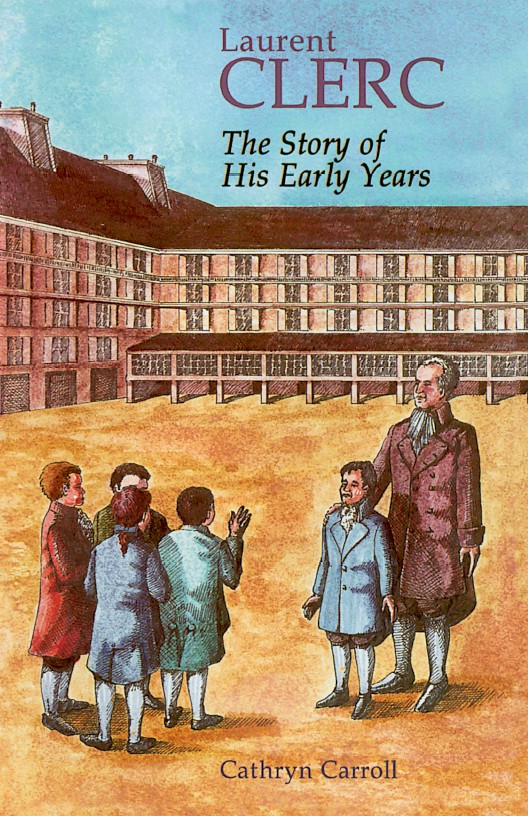coolgirlspyer90
Active Member
- Joined
- Jun 11, 2008
- Messages
- 1,672
- Reaction score
- 0
Ever since my mother took up sign language years ago to be able to communicate with me, my grandfather was also interested in sign language. He took a short ASL class a long time ago. maybe one or two classes.
Anyways, my grandfather recently told me that ASL is 60% french. So when we're using ASL, we're also signing 60% in french sign language? is this true? because i never really heard of that fact before. If it is true, i wonder what other sign language is combined in with ASL.. it's pretty interesting to find out!
Anyways, my grandfather recently told me that ASL is 60% french. So when we're using ASL, we're also signing 60% in french sign language? is this true? because i never really heard of that fact before. If it is true, i wonder what other sign language is combined in with ASL.. it's pretty interesting to find out!




